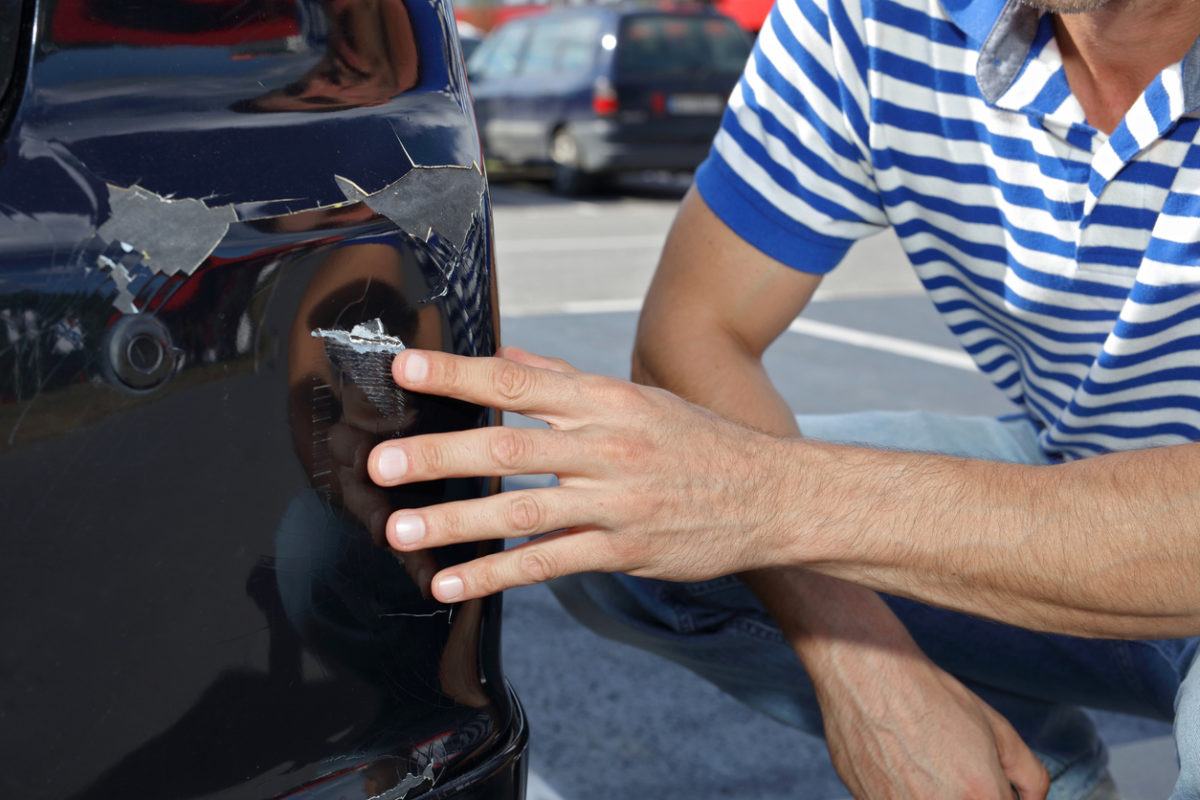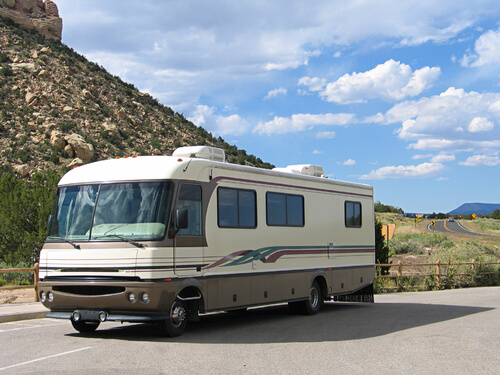
Chicago Parking Lot Accidents
Parking lot accidents are among the most common types of accidents in Chicago, but they can also be one of the hardest to figure out when it comes to determining fault. Making matters worse, police may be reluctant to respond to or investigate an accident that does not occur on a public road unless an injury or other significant event has occurred.
Langdon & Emison has the experience and resources to assist you after your parking lot accident. Parking lot accidents may predominantly occur at low speeds, but that doesn’t make it any less necessary to determine fault and identify available coverage. If you have been hurt in a Chicago parking lot accident or have extensive vehicle damages and aren’t sure where to turn, let our experienced lawyers assist you.
Fault Is Determined According to Who Had Right-of-Way
There are many myths surrounding parking lot accidents.
One such myth is that insurers won’t cover these accidents because they occurred on what is technically private property. In truth, liability insurance covers any situation where the policyholder causes damages to another person or vehicle.
Another myth is that parking lot accidents always split the fault 50-50. In truth, there are ways to determine fault, just like there would be on a normal public road.
Both myths stem in part from the idea that a parking lot is some sort of “wild west” when it comes to fault and right-of-way. This is not true! Parking lots have right-of-way rules just like a public road. Understanding this right-of-way is the best way to determine who may be at fault in an accident.
Parking lot right-of-way in Chicago can be determined using the following rules:
- Pedestrians should be given right-of-way by vehicle drivers in all situations.
- Vehicles traveling through lanes containing parking spots – sometimes called the parking lane or feeder lane – have right-of-way over vehicles entering or exiting a parking place.
- Vehicles traveling through main lanes or thoroughfare lanes – those that give access to and from the parking lanes – have right-of-way over vehicles entering or exiting the parking lane.
- Vehicles traveling on public roads have right-of-way over vehicles trying to enter or exit the parking lot.
- When two vehicles are entering or exiting spots near each other at the exact same time, then the vehicle that moved first should generally be given the right-of-way.
Should a driver violate these right-of-way rules, then they will likely be found at fault for the accident. They have a duty to be cautious when navigating the parking lot, such as by thoroughly checking for pedestrians crossing behind their vehicle.
One of the only situations where a person would not be at-fault for hitting a pedestrian would be if the pedestrian intentionally acted recklessly in a way that could foreseeably lead to them being harmed, such as a pedestrian who sat on the ground behind a vehicle that was about to back out.
What happens when fault isn’t clear?
Not every Chicago parking lot accident situation involves a clear violation of right-of-way rules. This is most common when two vehicles are backing out near each other or a vehicle is recklessly entering a spot while another vehicle is backing out.
In cases of possible shared fault, evidence will be needed to determine the party with the greatest share of fault. However, in Illinois, any party who possesses over half (51%) of fault will be ineligible to recover damages through a lawsuit or an insurance claim.
Fault will be apportioned according to who had the right-of-way and the situational actions of each party involved. Claimants may need access to vital evidence, such as eyewitness statements, parking lot security camera footage, and any identifying marks or debris.
Those involved in an accident can help their case by thoroughly documenting the accident scene immediately after a collision occurs. Take a photo of the vehicles before they are moved, and also take photos of any visible damage or injuries.
Unfortunately, the police may not respond to a Chicago parking lot accident unless a visible injury or threat to public safety is involved. Nevertheless, you can file a police report to document the accident according to your knowledge.
Most importantly, don’t wait to begin the claims process. You want to request any security camera footage as soon as possible since it can be deleted in as little as 24 hours. Always attend a medical exam following your accident, even if you don’t feel hurt. Notify your insurance company of a possible claim immediately after reporting the accident and seeking a medical exam.
Never admit fault or make statements alluding to fault. Consult an experienced car accident lawyer in Chicago after your accident. Your lawyer can help you obtain all available evidence, apply the law correctly, and seek full damages for your medical treatment costs and other losses.
Reach Out to Experienced Chicago Car Accident Attorneys
Police may consider most parking lot accidents to be minor, but we at Langdon & Emison know that they can have an impact on your health, finances, and well-being. If you have extensive vehicle damages or an injury following your Chicago parking lot accident, we want to hear from you and offer you guidance on what steps to take next.
Give us a call at (866) 931-2115 or contact us online, and we can schedule you for a free, no-risk case evaluation.


